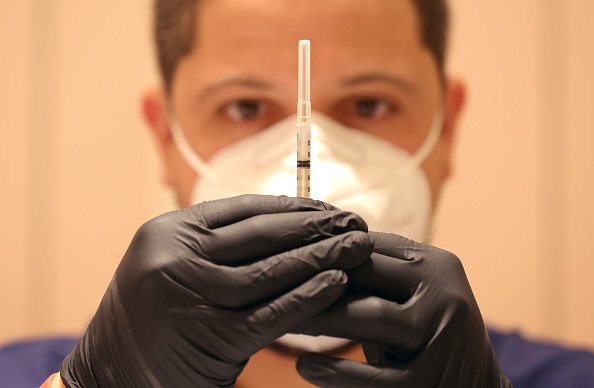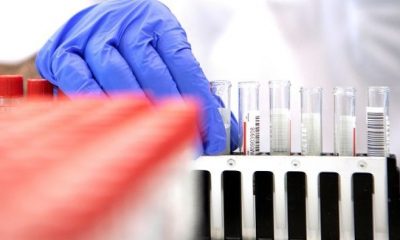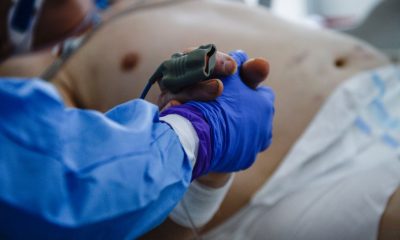People may experience some side effects after receiving their booster shots. After getting the primary series of vaccines, it is still possible to develop some symptoms because this is the body’s way of saying that it is building protection against COVID-19.
Booster vs. Vaccine
Many people doubt the need for boosters after completing the primary series of vaccines. And this is very understandable since the term “fully vaccinated” has only been inclusive of the first two doses for the mRNA COVID-19 vaccines and the single dose for the Johnson & Johnson’s Janssen vaccine.
Mayo Clinic indicated on its website that to be considered fully vaccinated, a person should be in their second week after completing their two-dose vaccination with Pfizer and Moderna vaccines or their single dose with the Janssen vaccine. There is no limit to one’s fully vaccinated status after reaching this point.
However, the Food and Drug Administration (FDA) and the Centers for Disease Control and Prevention (CDC) have also recommended booster doses to extend the protection afforded by the vaccines for longer periods. The FDA even authorized a second booster dose for older people and immunocompromised individuals in March as the pandemic entered its third year.
Booster Side Effects
Booster doses have the same ingredients or formulation as the COVID-19 vaccines except for the Moderna vaccine booster, which contains only half the amount of the vaccine compared to the primary series doses. Hence, they are as capable of triggering symptoms or side effects as the primary doses.
Fever, headache, fatigue and pain at the injection site are the most commonly reported side effects of boosters, as per the CDC. Most people who got their booster shots experienced mild to moderate symptoms. On the other hand, serious side effects only occur rarely. Over-the-counter medicine, such as ibuprofen, aspirin, acetaminophen, or antihistamines are recommended for pain and discomfort after getting jabbed.
Other side effects that may manifest after receiving a booster shot include redness and swelling at the site of injection, tiredness, chills and nausea. Experts advise drinking plenty of fluids and dressing lightly to reduce discomfort from the side effects after receiving the shot. In case of a severe allergic reaction, which is very rare, it is a must to seek immediate medical care by calling 911.
















